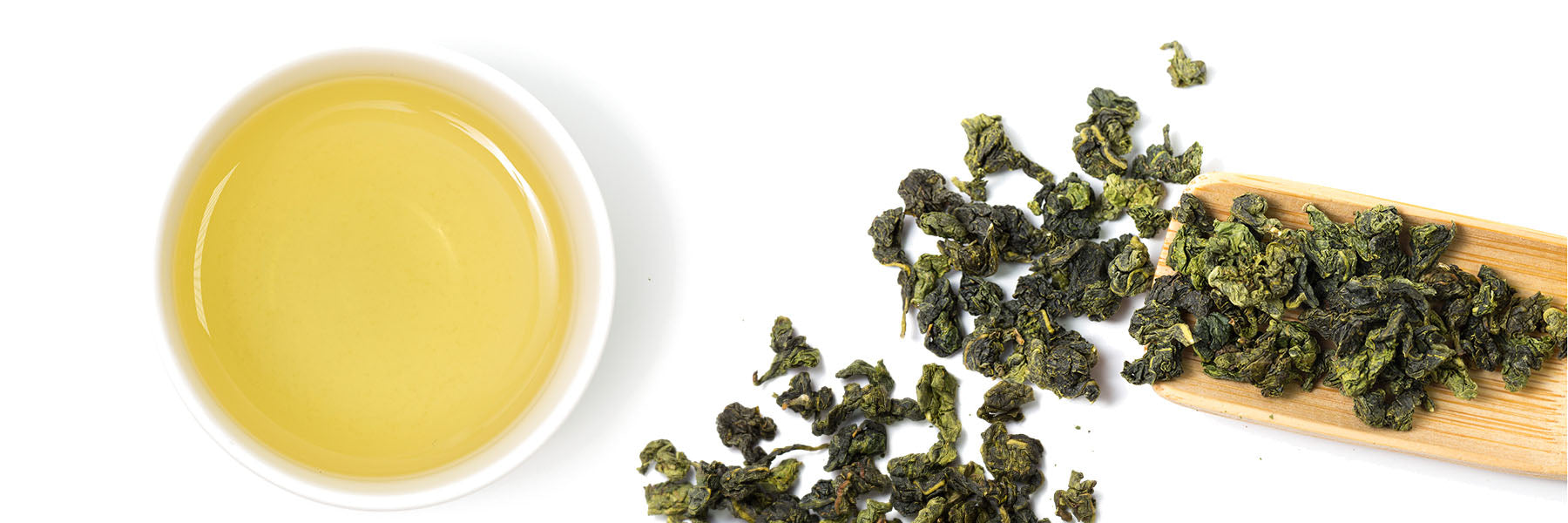Chinese Jasmine Flower Tea and Its Health Benefits

Jasmine tea is most popular Chinese herbal tea in the world, and honored as the most fragrant flower tea in the world. Since 1866, massive jasmine tea exportation to Europe has started from Fuzhou, Fujian province where the majority production of jasmine tea is originally from. Heng County of Guangxi Province also produces good quality jasmine tea, as well as Suzhou, a City of Jiangsu Province.
Jasmine flower tea is a type of blend tea which normally combines green tea leaves as basic flavor with jasmine flowers, is basically a green tea. Traditional jasmine tea is made from green tea leaves repeatedly scented with fresh jasmine flowers and well blended mutually, allowing the tea leaves to fully absorb the scents of flowers and to create a tea with longer-lasting taste and flowery aroma.
Jasmine flower tea is one of the most enjoyable herbal teas available to us today. Its pleasant floral scent combined with the soothing therapeutic benefits it has to offer is what make it a highly enjoyable tea. Since its effects are gentle and soothing it can be given in small amounts to children as well.
Jasmine Flower Tea leaves are harvested in the early spring and stored until the late summer when fresh jasmine flowers are in bloom. Jasmine flowers are picked early in the day when the small petals are tightly closed. The flowers are kept cool until nightfall. During the night jasmine flowers open, and release their fragrance, and this is when the tea scenting takes place. There are two main methods used to scent the tea with the jasmine. In one method the tea and flowers are placed in alternating layers; in the other, the tea is blended with jasmine flowers and stored overnight. It takes over four hours for the tea to absorb the fragrance and flavor of the jasmine blossoms. The scenting process may be repeated as many as six or seven times for top grades such as Yin Hao. The tea absorbs moisture from the fresh Jasmine flowers so it must be dried again to prevent spoilage. And of course, every tea farmer will handle it in different way for processing.
Types of jasmine flower teas
With current new tea making process, there are many types of jasmine teas are available in the market. They are all have similar notes, depending on what green tea leaves they blend with, depending on how skillful their making process is. Good jasmine tea always has longer lasting aroma, soothing taste.
Here are few common types:
- Bi Tan Piao Xue: most traditional jasmine tea that is blended with Mao Feng green tea.

- Da Bai Hao Jasmine: big buddings, blended with big hairy buddings, normally from Fuding white tea.
- Daughter Rings

- Bi Luo Chun jasmine

Flavor of Jasmine tea
Refreshingly sweet and delicate tea with a distinct fresh Jasmine scent and taste. The strong flowery aroma of this tea is very soothing and calm.
Benefits of Jasmine Flower Tea
- Helps strengthening immunity
- Anti-aging
- Stress relief
- Soothing anxiety
- Reducing body heat
Modern biological studies have shown that drinking Jasmine tea can have health and immunity benefits. Jasmine tea contains several different kinds of antioxidants that provide protection to the membranes of red blood cells. This added protection helps fend off free radical-induced oxidation of the red blood cells. There are many therapeutic benefits to be obtained from this tea as well. Jasmine tea not only has a calming scent, but also has the ability to reduce stress and ease depression. Drinking it can also alleviate anxiety and tension in the nerves and muscles of the body. The tranquil effects of this drink can lower blood pressure and relax both the mind and body making it an effective tea to drink for headache relief as well. In fact, jasmine tea is often used in aromatherapy because even just the scent of jasmine flower is believed to have many sedative and calming effects. These therapeutic benefits may be particularly useful for women who are going through menopause since these effects can help calm many of its symptoms.
Side effects of drinking jasmine tea
First of all, drinking jasmine tea will aggravate constipation. People have problems of constipation, gastrointestinal blockages should not regularly drink jasmine tea, because the polyphenols in jasmine tea have a certain convergent effect that can damage the smoothness of the gastric mucosa.
Secondly, people have insomnia or neurasthenia problems should stop drinking jasmine tea regularly, especially before bedtime. Because jasmine tea contains caffeine has a significant excitatory effect that can make people staying awake, making the brain nerve in an exciting condition, more conscious that has difficulty to fall in sleep.
For older group and children, jasmine tea is not recommended to drink every day, but is fine for occasional drink. Drinking jasmine tea daily will easily cause anemia, and cause calcium deficiency in body.
Women during the menstrual period should pay attention to, not to drink jasmine tea. Of course, a lot of foods are restricted for women during their periods.
There are many young women drinking jasmine tea regularly because they believe that jasmine tea helps to protect their skin. However, be aware of that it is effective not because drinking massive amounts of jasmine tea. Drinking more jasmine tea will cause endocrine disorders, can also cause anemia, irregular menses and other diseases.













